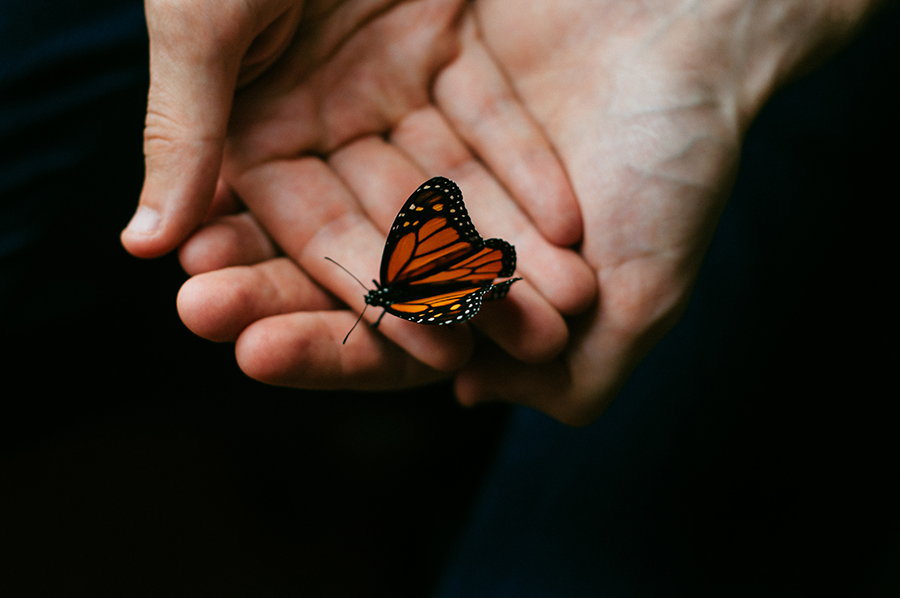The Physics of Mood
By Dr. Keith Witt
/
December 26, 2016

We all want to feel better. Sometimes, this can happen instantly with insight, attention, loving acceptance, or shared understanding. But more often than not, feeling better takes time.
I call this the “physics of mood,” because our feeling states are based, to a significant degree, on our hormonal systems. Rage, shame, terror, and high anxiety create endocrine baths in our bloodstreams that often don’t instantly disappear when we address them.
If we’re not aware of the hormonal roots of our feeling state, we tend to compensate in other ways, hoping to make ourselves feel better quickly. For example:
Image Credit: Mathias Reed on Unsplash.
- Urgent, obsessive thinking/acting/relating, which makes things worse.
- Medication abuse—loading up on benzos (benzodiazepines like Ativan and Xanex), antidepressants, and pain pills are American favorites.
- Drug/alcohol abuse to change states.
- Compulsive food/sex/gambling/video games/etc. to avoid pain by seeking pleasure and pursuing excess. These are called “Process addictions” when they are out of control
- Unhealthy use of everything in the next list (including meditation, play, and exercise, because too much of anything, or anything being used for unhealthy purposes is unhealthy by definition).
- Self-reflection and insight (though we still often have to wait some minutes to allow pain/stress chemicals to dissipate and be metabolized)—leading to disidentification (I have pain, but I am not identified with pain), leading to feeling better.
- Healthy intimate interacting—discussing distress in ways that dissipate it rather than inflame it.
- Touch, cuddling, caressing, massage, loving human contact.
- Exercise.
- Work.
- Healthy play.
- Healthy drug/alcohol use.
- Sleep.
- Meditation–which tremendously aids physiological/psychological soothing, self-regulation, insight, and disidentification.
- Healthy sex.
- Healthy distractions like books, videos, computers etc.
Image Credit: Mathias Reed on Unsplash.
Get my FREE Art and Science of Relationships Series
I’m a licensed clinical psychologist, lecturer and author dedicated to studying, teaching, and creating transformative healing systems. I’ve been practicing psychotherapy for 40 years.
I want to give you access to the really GOOD stuff.
And I want to give it to you free of charge.